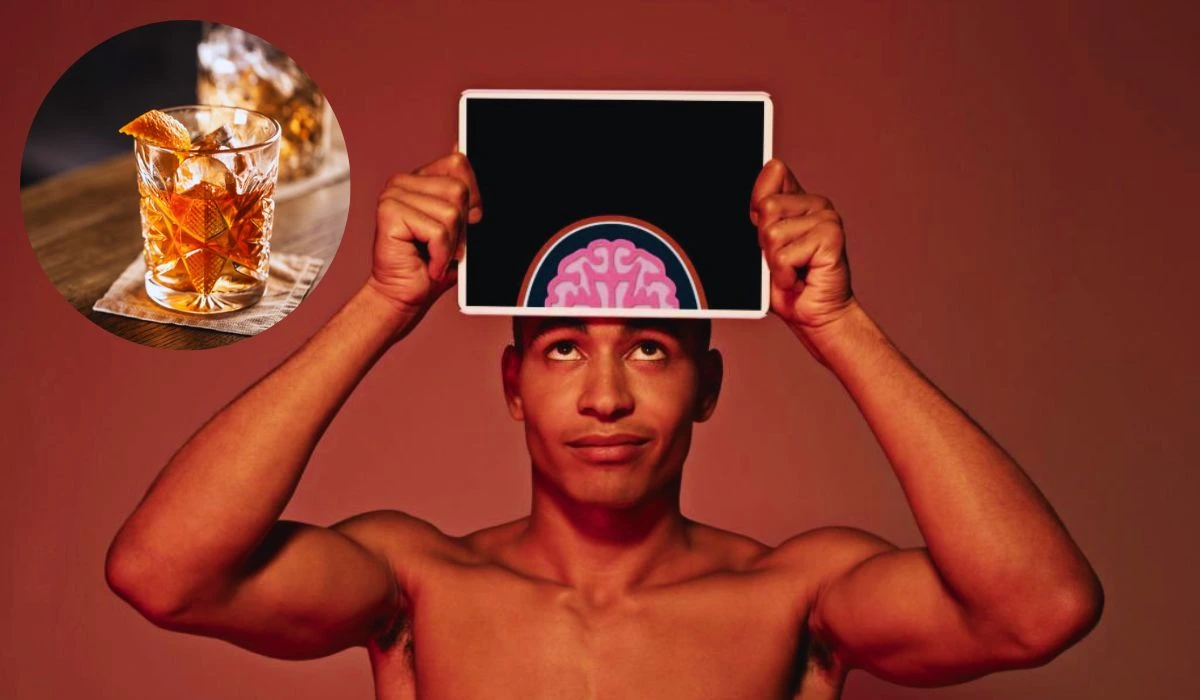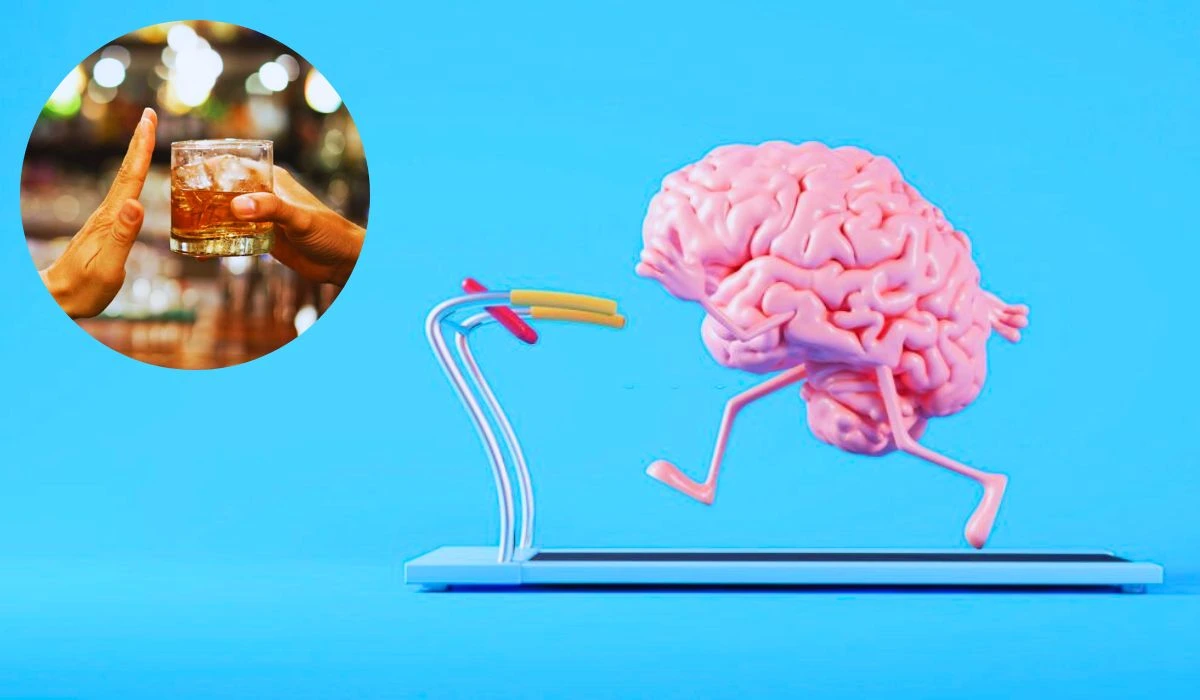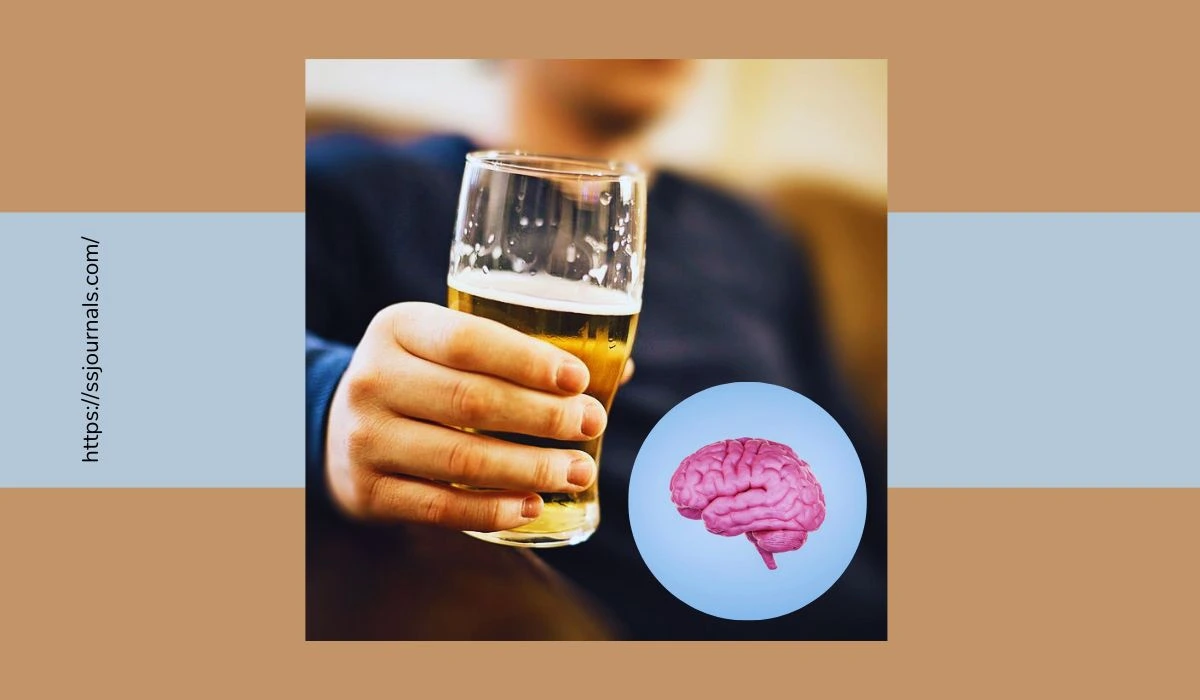Alcohol can harm the brain. It hampers cognitive skills, memory, and decision-making. Also, it disrupts the balance of neurotransmitters in the brain, causing mood swings and behavior changes. Prolonged drinking can cause long-term damage to the brain cells and structures.
It also affects the brain’s reward system. Dopamine, a pleasure, and reward neurotransmitter, is increased with alcohol intake. This offers pleasurable sensations while drinking. But, over time, high levels of dopamine can reduce production and availability in the brain, making people dependent on alcohol for the same level of pleasure.
Genetics, age, health, and individual metabolism influence how alcohol affects the brain. So, for brain health, it is best to consume alcohol in moderation or abstain from drinking. Responsible drinking is key to a healthy brain and general well-being.
Alcohol And Brain Cells: Dispelling The Myth
Is it true that booze really kills brain cells? Let’s uncover the truth behind this widely held belief.

Turns out, alcohol does not actually kill brain cells. Though excessive drinking can have detrimental effects on the brain, such as shrinking certain regions and impeding cognitive function, it does not directly cause cell death.
Alcohol mainly affects the communication between neurons in the brain by changing neurotransmitter levels and blocking synaptic transmission. This disturbance can lead to a variety of cognitive and behavioral changes, but it does not destroy brain cells.
Still, it’s important to remember that chronic, heavy drinking can cause lasting damage to the brain. Prolonged alcohol abuse can cause physical damage to the brain, including reduced volume and reduced density in certain areas. Plus, alcohol-related vitamin deficiencies can further harm cognitive function.
For a healthy brain, it’s essential to consume alcohol in moderation or avoid overconsumption altogether. By doing this, people can protect their cognitive abilities and reduce the risk of long-term neurological damage.
So let’s put the myth to rest – while alcohol can negatively affect brain function, it does not directly kill brain cells. Take control of your health and make smart decisions about your alcohol consumption for a brighter future.
How Does Alcohol Affect Brain Function?
Alcohol can throw off the balance of neurotransmitters in the brain, hindering communication between its regions. This leads to impaired cognitive function, coordination problems, and fewer inhibitions. Prolonged alcohol use could even kill neurons in areas of the brain responsible for memory and emotion – causing mood/behavior shifts and issues like depression and anxiety.
Worse still, long-term alcohol use can reduce the production of neurotransmitters – further disrupting brain communication. But effects vary from person to person. Factors like genetics, drinking habits, health, and metabolism can affect how an individual’s brain responds to alcohol.
The Role Of Alcohol In Impairing Cognitive Abilities And Decision-Making
Alcohol has a huge influence on cognitive skills and decision-making. When consumed, it affects the brain’s functions and can lead to bad choices, slower reaction times, and trouble processing info.
This is because alcohol has an impact on the central nervous system. It slows down brain activity and changes neurotransmitter levels. People who drink are thus more likely to take risks or make wrong decisions than people who don’t.
Plus, alcohol can affect attention span, memory, and problem-solving. It hinders the brain’s ability to process info properly, causing confusion, disorientation, and trouble moving.
Alcohol And Behavior: Understanding The Link
Alcohol can make people behave differently. For instance, someone normally shy may become loud and aggressive after drinking. This can damage relationships and even lead to fights.

Additionally, when alcohol is in the mix, people are more likely to do risky or inappropriate things to please their peers. This can cause people to act impulsively and forget their boundaries.
A case in point: at a college party, John had a lot to drink. His inhibitions decreased, so he hopped onto a table and started dancing without thinking about the results.
The Impact Of Alcohol On Aggression And Emotional Regulation
Alcohol affects behavior, especially aggression and emotional regulation. Studies show that it can lead to impulsivity and greater aggression. It messes with neurotransmitters, impairing judgment and making people more prone to expressing emotions inappropriately. It also removes social restraints that prevent aggressive behavior.
Plus, alcohol impairs the prefrontal cortex, which regulates emotions. This makes impulse control harder and emotion regulation more difficult.
Historical evidence of this link can be seen in Prohibition in the US. People sought alcohol illegally, leading to increased bootlegging and organized crime. It was widely attributed to alcohol-fueled aggression.
Long-Term Effects Of Alcohol On The Brain
Chronic alcohol abuse hugely impacts brain health. Prolonged heavy drinking can cause brain damage, which affects cognitive functions and increases the chances of developing neurological disorders.
Studies reveal extensive damage to the brain from chronic alcohol abuse. Excessive drinking can cause shrinkage and deterioration of certain brain parts, e.g. the hippocampus and prefrontal cortex. This results in memory loss lowered cognitive abilities, and difficulty with decisions and impulse control.
Alcohol also interferes with neurotransmitters, causing disruption to communication between neurons. This contributes to mental health issues such as depression and anxiety.
Long-term heavy drinking increases the risk of neurological disorders like Wernicke-Korsakoff syndrome. It’s characterized by severe memory issues, confusion, and coordination problems. This is due to thiamine deficiency arising from alcohol interference with nutrient absorption.

